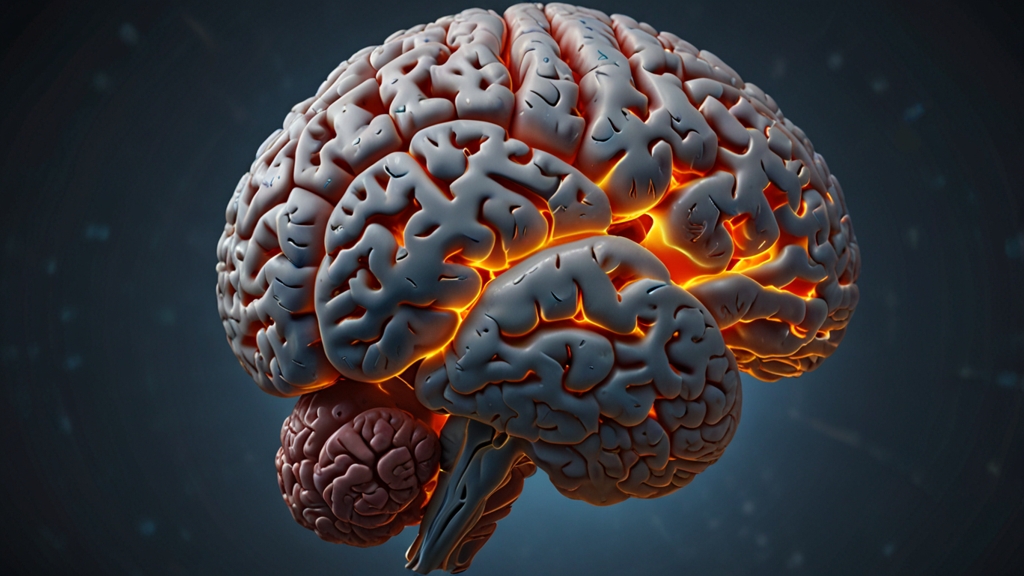Building a Better Society Through Epistemological Awareness
In an age where information is abundant yet clarity often seems elusive, understanding how we know what we know has never been more crucial. Epistemology, the branch of philosophy that deals with the theory of knowledge, plays a pivotal role in forming a well-informed and critical society. By fostering epistemological awareness, we can lay the groundwork for a more enlightened and cohesive community. This article delves into the significance of epistemological awareness and how it can be leveraged to build a better society.
Understanding Epistemological Awareness
Epistemological awareness refers to the understanding and acknowledgment of the different ways in which knowledge is acquired, justified, and validated. It involves recognizing the limits of one’s own knowledge, the basis of that knowledge, and the processes through which new information is integrated into our worldview. This form of awareness encourages critical thinking and reduces susceptibility to misinformation and cognitive biases.
The Role of Critical Thinking
Critical thinking is at the heart of epistemological awareness. It involves evaluating arguments, identifying logical fallacies, and distinguishing between evidence and opinion. A society that prioritizes critical thinking is better equipped to solve complex problems, as individuals are able to engage in reasoned debate and make informed decisions.
"The essence of the independent mind lies not in what it thinks, but in how it thinks." - Christopher Hitchens
By promoting critical thinking from an early age, whether through formal education or public discourse, we can develop a populace that is capable of analytical reasoning and less prone to manipulation.
Combating Misinformation
In today’s digital age, misinformation spreads rapidly and can have devastating consequences. Epistemological awareness can serve as a powerful antidote to this problem. By understanding the sources and methods of information dissemination, individuals can better assess the credibility of what they encounter online and offline.
"A lie can travel halfway around the world while the truth is putting on its shoes." - Mark Twain
Educational programs that focus on media literacy and teach individuals how to scrutinize sources and verify facts can significantly reduce the impact of false information. This, in turn, leads to a more informed and resilient society.
Encouraging Open-Mindedness
Another benefit of epistemological awareness is the promotion of open-mindedness. By understanding that knowledge is often provisional and subject to change with new evidence, individuals become more willing to consider alternative viewpoints and less dogmatic in their beliefs. This fosters a culture of dialogue and mutual respect, which is essential for social cohesion and progress.
"It is the mark of an educated mind to be able to entertain a thought without accepting it." - Aristotle
In a diverse society, where people come from various backgrounds and hold different perspectives, open-mindedness can bridge divides and encourage constructive conversations. It allows us to learn from each other and adapt more readily to changing circumstances.
Promoting Lifelong Learning
Epistemological awareness also underscores the importance of lifelong learning. In a rapidly evolving world, continuous education and self-improvement are essential. Recognizing that knowledge is not static, but rather a dynamic and ever-expanding domain, incentivizes individuals to stay curious and engaged throughout their lives.
Organizations, communities, and governments can support this by providing access to learning resources and fostering an environment that values education and intellectual growth. Lifelong learning not only benefits individuals but also contributes to the overall advancement of society.
Conclusion
Building a better society through epistemological awareness is not just an idealistic vision but a practical necessity in our complex and interconnected world. By prioritizing critical thinking, combating misinformation, encouraging open-mindedness, and promoting lifelong learning, we can create a more informed, rational, and compassionate community.
As we navigate the challenges of the 21st century, fostering epistemological awareness will serve as a guiding light, helping us to understand ourselves and the world around us more profoundly. In turn, this deeper understanding will empower us to make decisions that benefit not only our individual lives but also the collective well-being of society as a whole.








